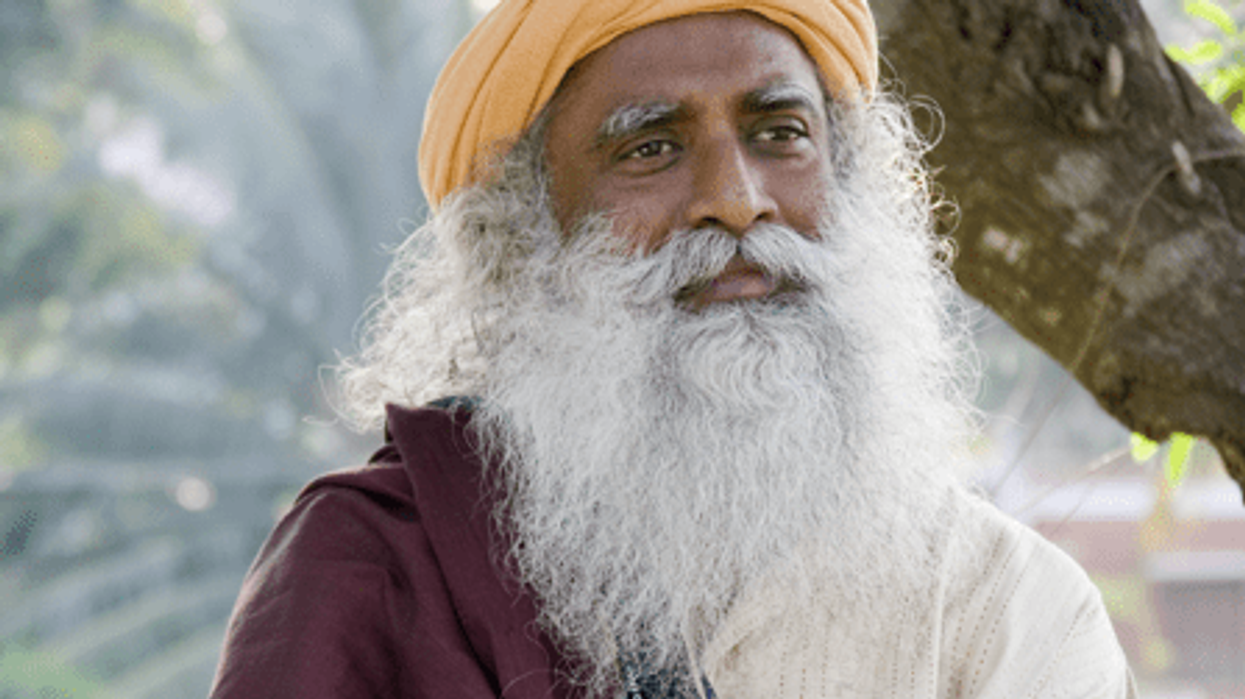QUESTION: Should I stick to my culture or follow somebody else’s culture?
Sadhguru: First, you need to understand that what somebody did yesterday is today’s culture and the mess you create today is tomorrow’s culture. Cultures were not engineered towards a purpose. It generally happened according to the requirements of the land and the time and the situation that existed at that period.
Don’t choose any cultures. Act intelligently in your life, without identifying with any culture. Every culture has something to offer. If you have chosen to take your life in a particular direction, a certain type of culture is advantageous. If your life is all about enjoying the external of life, turn to the West. If your life is about knowing the inner dimensions, then turn East.
So, the choice is not about which culture. The choice is about what it is that you want to do with your life. What is suitable for your search and your longing, you arrange your life intelligently around that. If you have chosen to walk the spiritual path, then you need to create a certain type of culture. Wherever there was genuine spiritual process, uncannily you will see, generally they developed a similar kind of culture everywhere in the world, unconnected. If there was a realised leader being anywhere and he spoke about how to be, you will see it is almost word by word, the same. But, over a period of time, those things get distorted, and influenced by the local cultures and organised forms of religion.
At one time, the whole subcontinent had a culture like how we are trying to create in Isha: a wellbalanced state of chaos and order. It is very difficult to manage these two things at the same time. If we want to make everything orderly, it is very easy. Everything will work properly, but the spirit will die. If you make it very chaotic, people will become very spirited, but things will collapse. Once things collapse, people also fall apart.
When we say a rollercoaster, people usually think it is a wild thing. Not true. A rollercoaster is more controlled than your car. If you drive your car, it may go off here and there a little bit. Any moment, you can go off the road and back on the road. A rollercoaster is fixed on its rails 100 per cent, it’s always on the track, never going off for a moment. Perfect order, but in experience, on the surface, it is total disorder. Only people who are sitting in it think
it is a wild thing. People who are managing it think it is a perfect machine, in proper order. It never goes off the track.
Spiritual culture is always like a rollercoaster. One part of it is perfectly on rails, always. The rest of it is going wild. It looks like you don’t want to have anything to do with it because it is so crazy. At the same time, another part of it, the bottom line is fixed so perfectly well, that it never goes off the track. It takes a steady stomach to take that ride. If you don’t have a stable stomach, you cannot even sit in it. So if you bring this culture into yourself, whether it is a footwear or a crown, you handle it with the same care, with the same concern. Whether it is an ant or an elephant, you treat it with the same concern. Whether somebody is a king or a beggar, you treat them the same way within yourself. If you learn to do the simple tasks of your life and the most important tasks of your life with the same involvement, if you don’t make a distinction, something that is dear to you and not dear to you, that is a conducive culture for a spiritual seeker. No other culture is good for you.
Ranked among the 50 most influential people in India, Sadhguru is a yogi, mystic, visionary and bestselling author. He was honoured with the Padma Vibhushan, India’s highest civilian award, in 2017, for exceptional and distinguished service.




